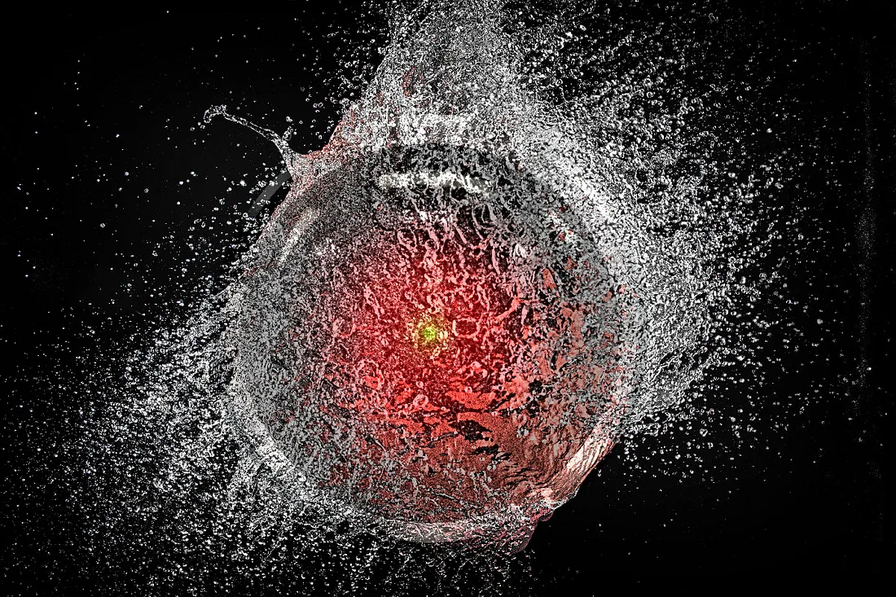What kind of bubble is AI?

my notes ( ? )
"All economic bubbles are hugely destructive, but some ... leave behind (useful) wreckage that can be salvaged":
- the first dotcom bubble left behind "cheap servers, office furniture and space... a generation of young people ,,, trained as web makers... technologists from non-technical backgrounds"
- crypto bubble: "a smattering of Rust programmers... bad digital art and worse Austrian economics"
Which type is the AI bubble? We'll have "a legion of technologists who are learning Tensorflow and Pytorch", but while "nominally open source" they're bound to Google and Facebook - "if those environments go away, those programming skills become a lot less useful".
The cost of each AI query includes "a massive primary energy bill... [another] for the chillers, and a titanic wage bill for the specialized technical staff. Once investor subsidies dry up, will real-world ... applications cover these running costs?"
Plot those applications on a value vs. risk tolerance 2x2 grid. Most applications driving the high valuations we see are high-value but only if they're risk-tolerant. However, they're not risk-tolerant.
"The profit-generating pitch for high-value AI applications lies in creating “reverse centaurs”: humans who serve as appendages for automation ... But unless [they're] intrinsically risk-tolerant, they are poor candidates for automation" - cf:
- self-driving cars aren't "about using automation to augment human skill — it’s about replacing humans", but after Cruise replaced a driver with "1.5 high-waged skilled technicians... one of their cars maimed a woman"
- radiologists: "no AI investor thinks their return will come from ... reduce the number of X-rays each radiologist processes ... [but] from replacing them with software whose judgments are cursorily double-checked by a human whose “automation blindness” will turn them into an OK-button-mashing automaton"
Unfortunately, "risk-tolerant applications are almost all low-value; while nearly all the high-value applications are risk-intolerant."
What will be left? "smaller models... run on commodity hardware... [with] communities ... formed around them", pushing their limits "far beyond their original manufacturers’ beliefs about their capacity".
But there'll be a lot of wreckage. Big AI models may be "integrated into the processes of the productive economy", and then disappear. "no one is asking, “What will we do if” — when — “the AI bubble pops and most of this stuff disappears overnight?” "
Read the Full Post
The above notes were curated from the full post doctorow.medium.com/what-kind-of-bubble-is-ai-d02040b5573a.Related reading
More Stuff I Like
More Stuff tagged bubble , ai , economics , open source , cory doctorow , centaur
See also: Digital Transformation , Innovation Strategy , Science&Technology